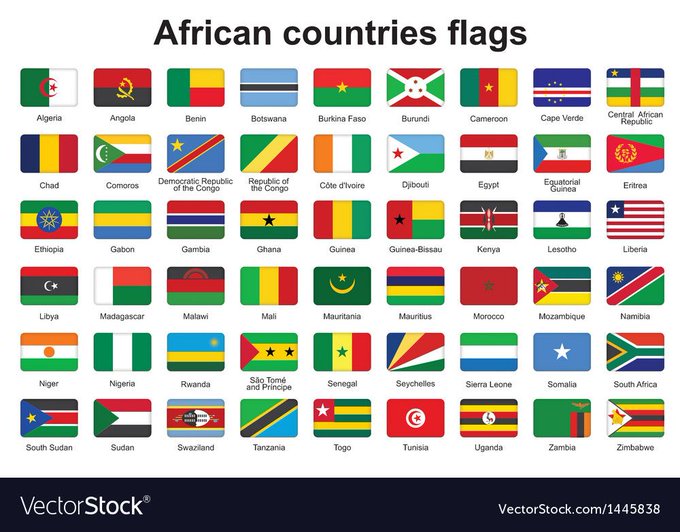|
Getting your Trinity Audio player ready...
|
By Masutane Modjadji
The Covid-19 pandemic and the climate crises are reversing decades of progress in the fight against poverty and inequality in Africa. They are both devastating people’s livelihoods. According to the African Development Bank, 250 million Africans already suffer from hunger, 333 million face severe food insecurity, and Africa’s yearly food import is nearly US$4 billion. As of 2021, 490 million people on the continent are living in extreme poverty, making up approximately 36 percent of Africa’s total population. The longer we take to find solutions to climate change and Covid-19, the deeper the poverty and the wider the inequality gap.
Africa is blessed with abundant natural and human resources. These resources could be used to kick-start the development process, but there is a fundamental policy problem in that most African governments focus on monetary policy when they should be focusing on industrial policy. Through industrialisation, Africa’s natural resources could be a base on which to transform our countries into developed nations. As the world prepares to commemorate the International Day for the Eradication of Poverty (17 October 2021), Africa must move decisively to address the paradox of being resource-rich, but with an extremely poor population. Without this fundamental change in attitude, it is practically impossible for the continent to attain the targets of the United Nation’s Sustainable Development Goals, particularly Goal 1 of Eradicating Poverty by 2030.
Africa cannot continue with a colonial model of resource exploitation that does not translate into any meaningful change in the lives of its citizens. African countries, like many other resource-rich countries, face the challenge of undiversified economic structures from their extractive industry, which contributes to the increasing poverty levels.
This situation can only be addressed by promoting mineral linkages, improving resource governance, curbing illicit financial flows, and enforcing local content policies. The mining industries can be a base for inclusive broad-based economic development. In line with the African Mining Vision, it is important for the mining industry to provide downstream linkages into mineral beneficiation and manufacturing; upstream linkages into mining capital goods, consumables, and services; and sidestream linkages into infrastructure (power, logistics, communications and water).
This long-term industrialisation strategy can play a critical role in poverty eradication and underpin sustainable growth and development across the continent. Coherent local content policies are among the instruments that could stimulate broad-based economic development and allow African countries to effectively utilise their natural resources to fuel the socio-economic empowerment necessary to alleviate poverty.
Linking the mining sector to local economies and increasing local revenue mobilisation are the only ways in which the mineral sector can contribute towards poverty eradication.
Earlier this year SARW released a series of reports that provided an in-depth analysis of the local content regulations in Southern Africa. The local content reports sought to assess how the mining sector can stimulate stronger linkages with the rest of the local economy for the benefit of local populations. The reports explored various ways in which local content policies can position the mining sector as a catalyst for economic growth and sustainable development.
While most countries in the Southern African region have in place local content policies or regulations, their implementation remains a challenge, much to the detriment of citizens and local communities who are faced with increasing poverty.
SARW calls upon African governments to strengthen the implementation of regulatory frameworks aimed at diversifying local economies so that natural resources contribute to poverty eradication. SARW’s local content publications explain the need for the mining sector to prioritise the procurement of local goods and services to promote local economic development. It is imperative that Africans hold their governments accountable for changing the status quo, and acting to ensure that (instead of increasing poverty and inequality) resource extraction enhances economic growth and ends poverty.






